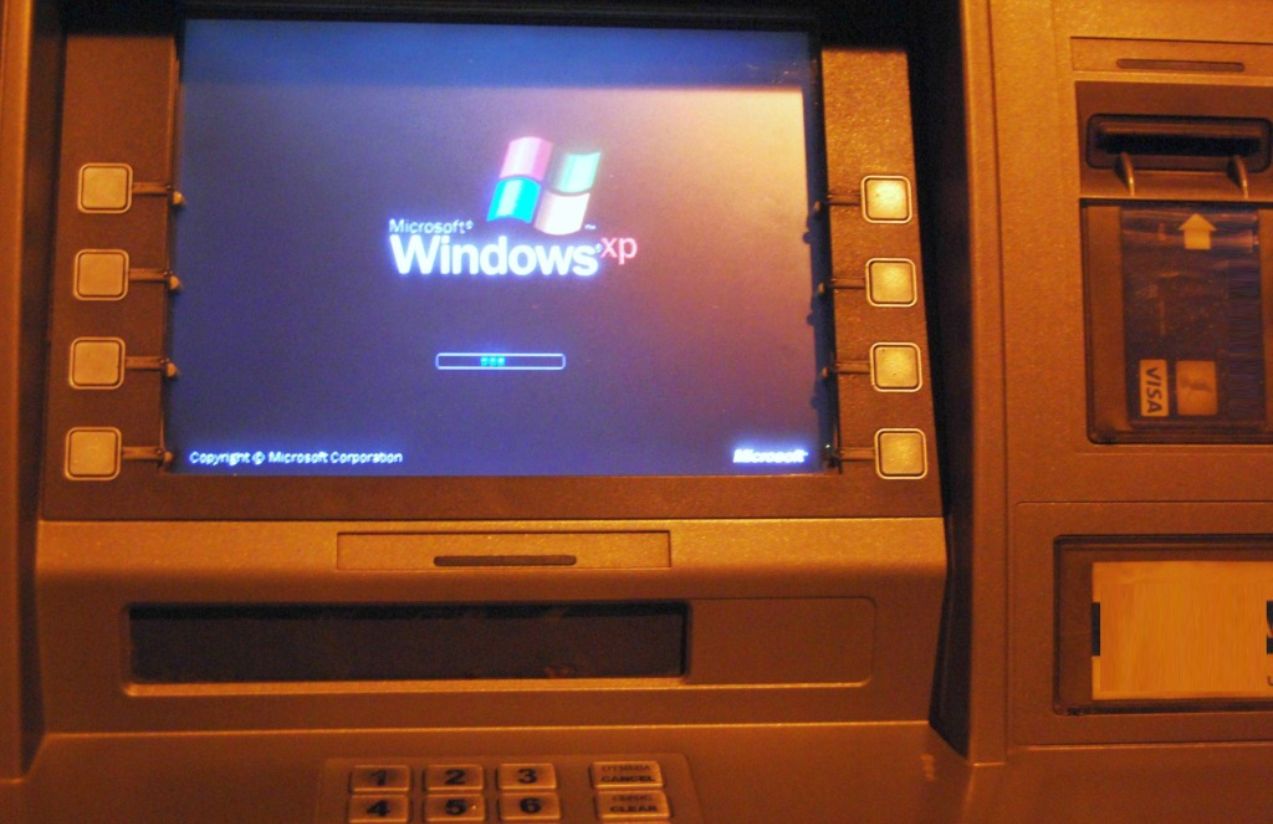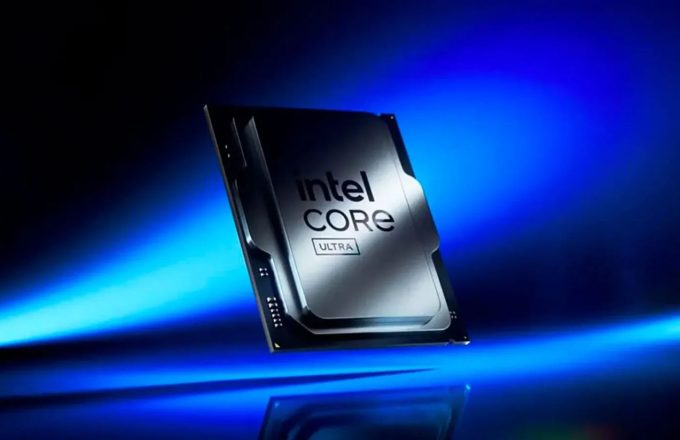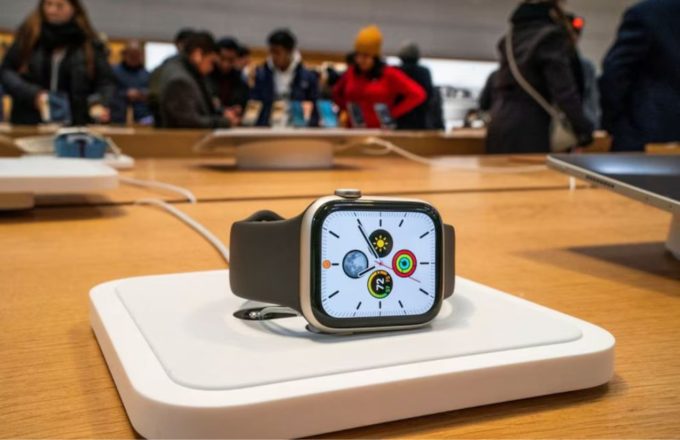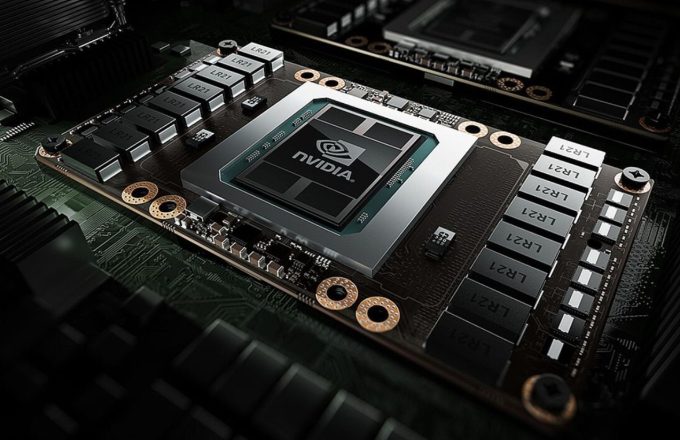In 2025, most of us rely on the latest versions of Windows, macOS, Android, or iOS on our computers, laptops, and smartphones. The idea of using an outdated operating system seems almost unthinkable. And yet, we do it — more often than we realize — directly or indirectly, because many critical systems still run on software that should have been retired long ago.
The BBC recently revisited a troubling topic: our ongoing dependence on obsolete operating systems. This issue doesn’t only impact large corporations; it affects everyday users too, who are forced to interact with outdated platforms out of necessity, not choice.
A striking example is found in ATMs. In 2014, 89% of Europe’s cash machines were still running on Windows XP, and some even on the older Windows NT, which was released in 1993. While there has been progress in recent years — many machines now run on Windows 10 IoT Enterprise LTSC, with several more years of guaranteed security updates — a significant number still operate on Windows 7 Embedded or even earlier versions. That’s a major security concern, as vulnerabilities in these unsupported systems make them prime targets for sophisticated cyberattacks.
And it’s not just ATMs. In Sweden, several train control systems still use Windows XP, and some even rely on Windows 95. In Germany, the national railway company Deutsche Bahn once posted a job opening for a systems administrator with expertise in Windows 3.11 and MS-DOS. In San Francisco, some trains won’t run unless a floppy disk is inserted each morning. Even Japan, a global tech leader, has its own legacy system struggles.
These legacy systems are everywhere — in airports, train stations, and public institutions around the world. Screens at boarding gates or check-in counters often display error messages from Windows XP or Windows 7. And in one of the most extreme examples, France’s DECOR air traffic control system was found to be running on Windows 3.1 as recently as 2015.
In Spain, the end of official support for Windows XP in 2014 left public administrations grappling with how to keep their systems running securely. Even more worrying is the fact that Internet Explorer, now unsupported, is still required for some government processes.
The biggest obstacle to upgrading lies in the hardware. New versions of Windows often drop support for older standards, protocols, or devices. If critical infrastructure relies on such hardware, upgrading becomes infeasible without a costly system overhaul. As a result, many organizations take a conservative stance: “If it works, don’t touch it.”
It’s a paradox of the digital age: we’re surrounded by cutting-edge technology, yet much of the world still runs on decades-old software. And far from being just a nostalgic curiosity, this reliance on the past poses real, ongoing risks.




















